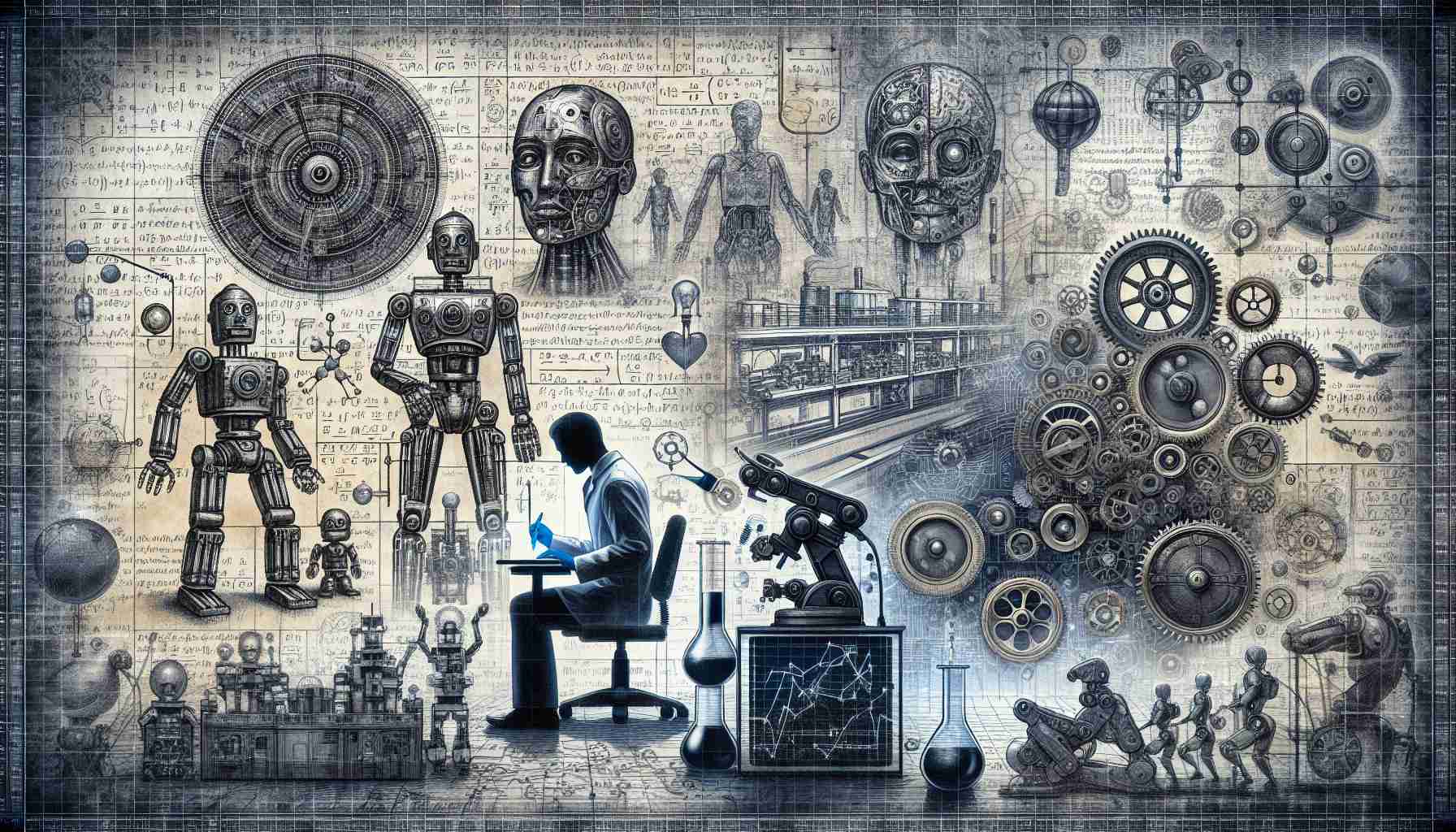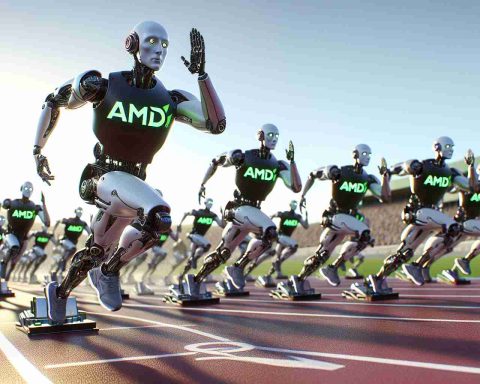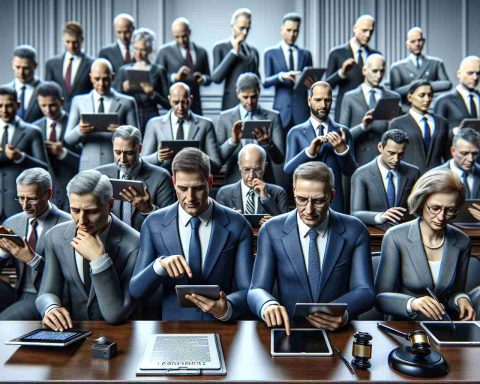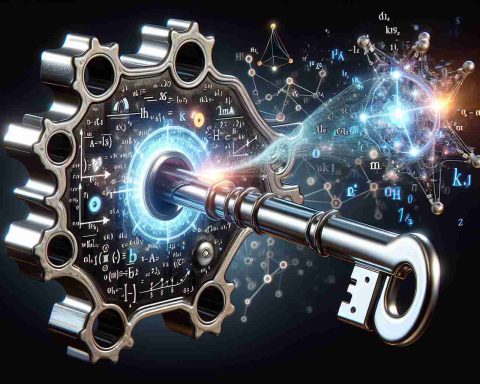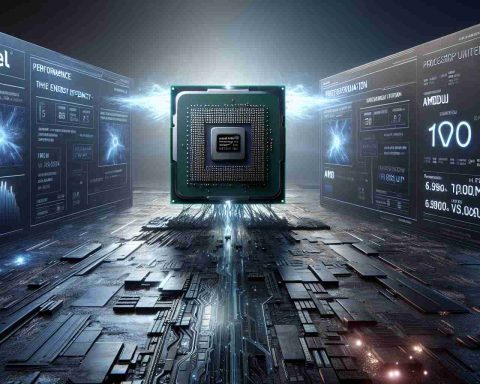The origins of robotics can be traced back centuries, but who deserves the credit for this transformative field? Robotics, as we understand it today, is not the achievement of a single inventor but rather a collaborative evolution involving many brilliant minds.
The term “robot” was first introduced in 1920 in Karel Čapek’s play, “R.U.R.” (Rossum’s Universal Robots), but the concept of artificial beings predates this. Ancient myths, such as the tale of the bronze giant Talos in Greek mythology, reflect humanity’s long-standing fascination with creating life-like machines.
In the realm of scientific innovation, Leonardo da Vinci sketched plans for a mechanical knight in the 15th century, hinting at the potential of robotics. George C. Devol laid the foundation for modern robotics with the invention of the first industrial robot, “Unimate,” in 1954. This innovation set the stage for automation in manufacturing and symbolized the leap from concept to application.
Another pioneering figure was Isaac Asimov, who, although not a creator of robots, fundamentally shaped the field by introducing “The Three Laws of Robotics” in his science fiction works. His ideas influenced how we think about and design robots to this day.
These key figures among many others have collectively contributed to the creation and development of robotics. The field continues to evolve as new technologies and ideas emerge, driven by a shared vision of innovation and human creativity.
Unveiling the Hidden Impact of Robotics and its Future Controversies
Robotics is a domain that intertwines creativity, science, and even ethical dilemmas. While early robotic concepts reveal our fascination with artificial beings, modern advancements redefine our interaction with these intelligent creations. But how do these developments affect our lives, communities, and countries today?
Economic Impact and Job Transformation
Industries across the globe have embraced robotics to enhance production, contributing significantly to economic growth. However, the automation surge raises concerns about job displacement. While robots undertake repetitive and dangerous tasks, creating safer work environments, they also demand workforce reskilling. Exploring solutions for these transitions becomes crucial, making organizations like the RIA (Robotic Industries Association) pivotal in navigating workforce challenges.
Robotics in Healthcare
Robotics revolutionizes healthcare, from surgical automation to rehabilitation aids. Robotic surgeries offer precision that human hands cannot achieve, reducing recovery times and infection risks. Yet, this raises ethical questions about machine involvement in sensitive procedures. Do we value technological precision over human touch, or is there a balance?
Environmental Considerations
Despite its advantages, robotics is not without its controversies. The ecological impact of manufacturing robots, including resource consumption and electronic waste, is a pressing concern. Researchers are actively seeking sustainable methods, creating an ongoing dialogue with environmental organizations worldwide.
Cultural Shifts and Ethical Questions
As robotics becomes integral to everyday life, cultures and societies face questions about human-robot relationships. How do these machines challenge our understanding of autonomy and agency? Could robots eventually influence moral and social decisions?
By continuously exploring such questions and evolving challenges, robotics will likely remain a dynamic and influential field for decades to come.
